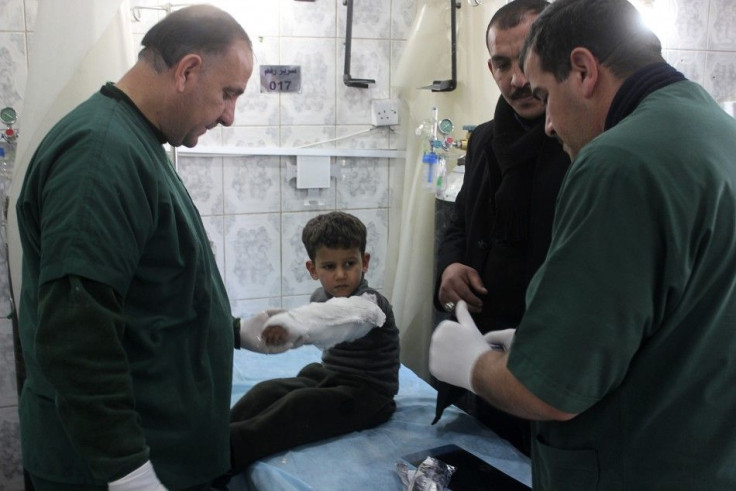Canadians’ Access to Doctor Appointments Ranks Last Among OECD Countries

Best not to get sick at anytime in Canada. A new survey that looked into the waiting times of Canadian patients in setting urgent appointments just to be checked and treated by their family doctors within a day has been found to be the worst among the 11 member countries of the Organisation for Economic Co-operation and Development (OCED).
The finding was based on data from the 2013 Commonwealth Fund International Health Policy Survey of the General Public.
"This is about accessing your primary care providers and the issues we continue to have in this country in doing that," Dr Mark Dobrow from the Health Council of Canada told CTV News Channel.
Canada, he said, ranked as the country that waits the longest for emergency departments. "That's a direct relationship to the fact that we don't have good access to our primary care providers at different times of the day."
Nearly half of the respondents at 47 per cent said they recently went to an emergency department for a health problem that could have been prevented or treated had their family doctor been available or present.
Waiting times just to see a specialist more often reach that more than a month, according to 60 per cent of the respondents. What's even more exasperating is that when they do finally get an appointment, they discover the lab results has not been sent to their family doctor.
"Although Canadians have more confidence in the health-care system, access to care has not substantially improved and patients are not reporting that their care is better integrated or more patient-centred," the report said.
Only 41 per cent of Canadians said they have had the ease of getting an appointment the same day or next with their primary care provider, the Health Council of Canada report noted.
Another glaring finding in the report was that 26 per cent of patients who had to resort going to the ER, they had to wait for more than four hours to be treated.
In the 2013 health policy survey by the Commonwealth Fund, Germany topped the list as 76 per cent of residents said they were able to get quick access to family doctors and nurses within the same-day or next-day.
The U.S. ranked second with 48 per cent saying they could get a same-day or next-day appointment.
Other findings include:
- Accessing medical care after hours without going to an emergency room is difficult for 62 per cent of Canadians
- Between two and 20 per cent of Canadian women have never had a Pap test, and up to 34 per cent of women have never been screened for breast cancer
- Between 23 and 49 per cent of Canadians ages 50 or older have never had a test to screen for bowel or colon cancer
- 61 per cent of Canadians do not get reminders when they are due for preventive care; the rate has gone unchanged since 2004
- 20 per cent of Canadians hospitalized overnight left without written instructions about what they should do and what symptoms to watch for at home
- Six per cent of Canadians said they had received the wrong medication or wrong dose in the past two years
- The authors of the report say the "big message" to take home is the lack of progress in many areas of the health care system across Canada.
"Although Canadians have more confidence in the health care system, access to care has not substantially improved and patients are not reporting that their care is better integrated or more patient-centred," the authors conclude. "We still use hospital emergency departments for too much of our primary care. And we show largely disappointing performance compared to other high-income countries, some of which have made impressive progress."





















